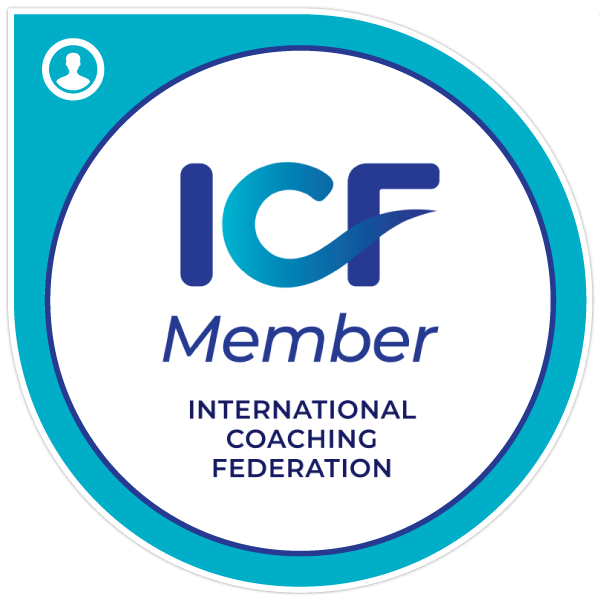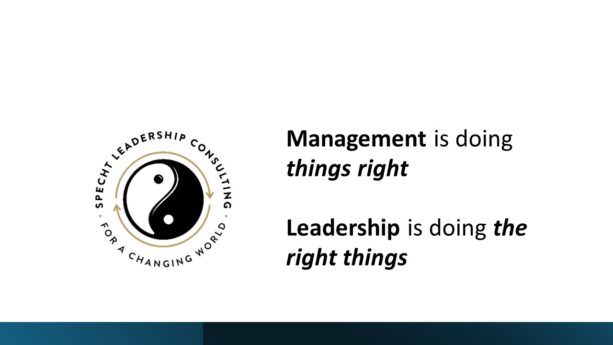

Executive coaching is the art of enabling a person to become a better version of themselves and achieving the desired development for the individual and the organization. It is a development process designed to help individuals and teams achieve and sustain exceptional performance in line with measurable business results. This is accomplished through a learning approach that: 1) creates self-awareness, 2) clarifies goals, 3) achieves objectives, 4) unlocks potential, and 5) drives transformational change.
Role of an Executive Coach?
The executive coach provides a confidential and supportive process by being a thought-partner and change agent for the individual providing consistency and agility through the right coaching support in each customized coaching engagement.
Executive coaches are not consultants or therapists, but instead thought-partners who ask key questions and are a sounding board for individuals to help them clarify and solve their issues/challenges.
Just as athletes rely on exceptional coaches for developing and maximizing their skills, in the business world employees can tap their potential through executive coaches to help them develop their leadership and personal skills to rise to the top of their industry.
What is the Level of Confidentiality?
Conversations between an executive coach and client are completely confidential. Confidentiality is absolutely critical for creating the safe space for the individual to succeed.
Who Benefits from Executive Coaching?
Executive coaching benefits:
- Senior executives
- Board of directors
- Managers
- High performers looking to move up to the next level
Research has shown executive coaching enhances:
- Individual performance and unleashes potential
- Leadership development
- Emotional intelligence and self-awareness
- Work/life balance
- Goal attainment and execution
- Team collaboration and results
- Sustained organizational change.
The benefits of coaching are many: 80% of people who receive coaching report increased self-confidence, and over 70% benefit from improved work performance, relationships, and more effective communication skills. 86% of companies report that they recouped their investment on coaching and more (source: ICF 2009).
70% of people who receive coaching benefit from improved work performance and more effective communications skills (source: Institute of Coaching at McLean, a Harvard Medical affiliate).
Results-based Executive Coaching Model:
- Information gathering
- Create and implement an action plan
- Track progress and identify next steps
- Agree on the desired results
- Outcomes achieved.




